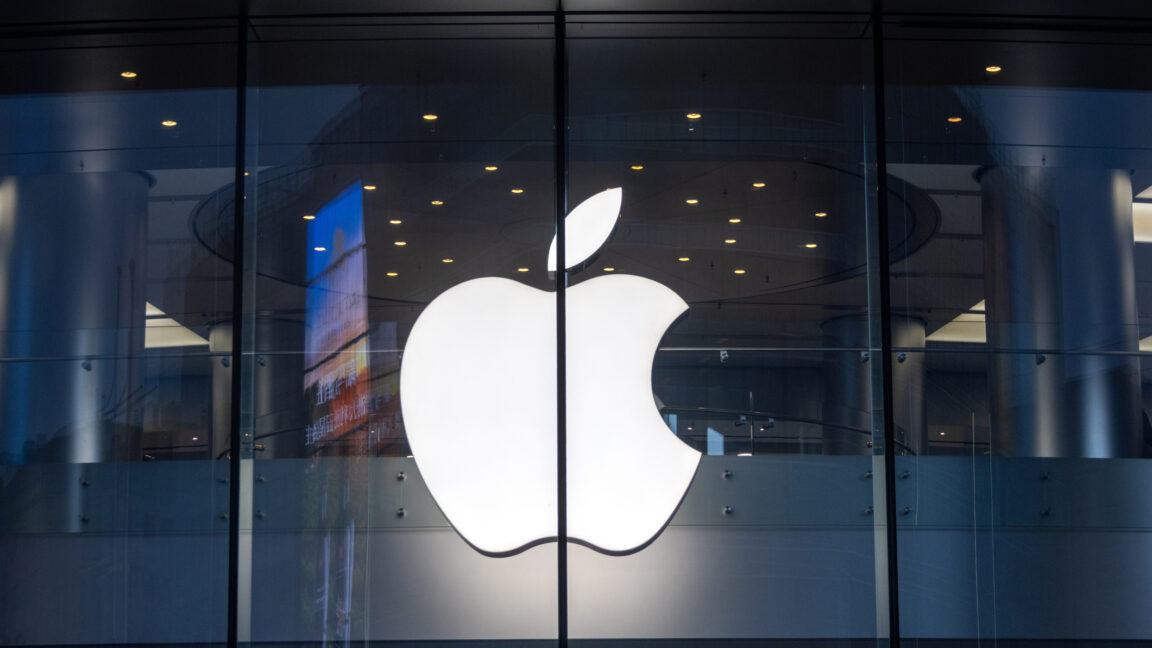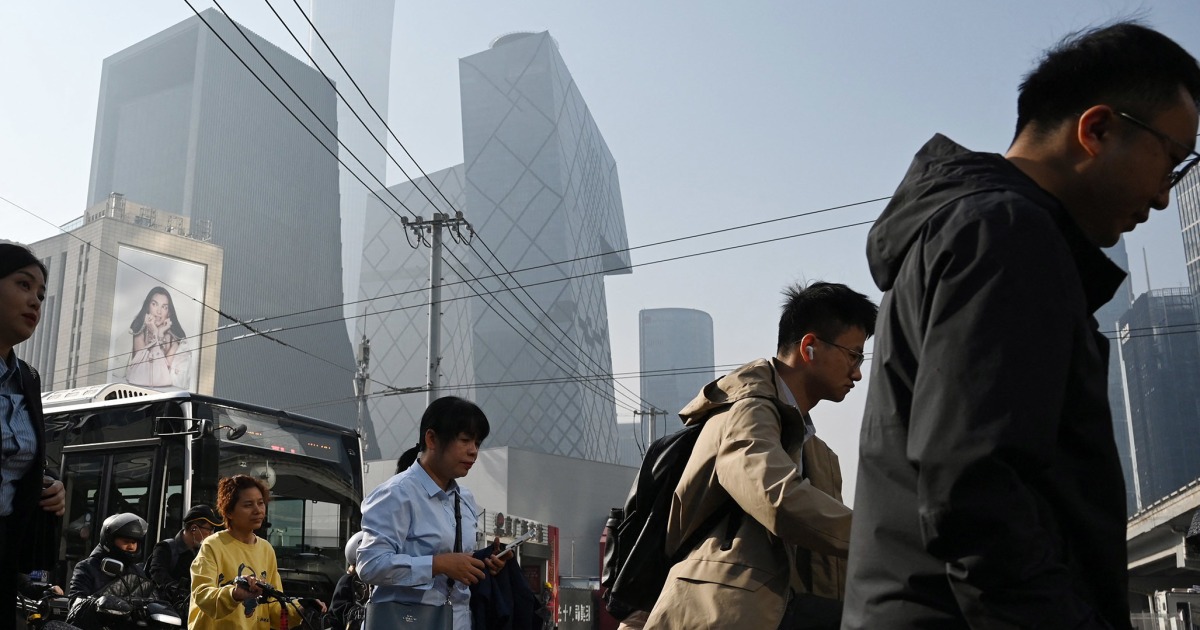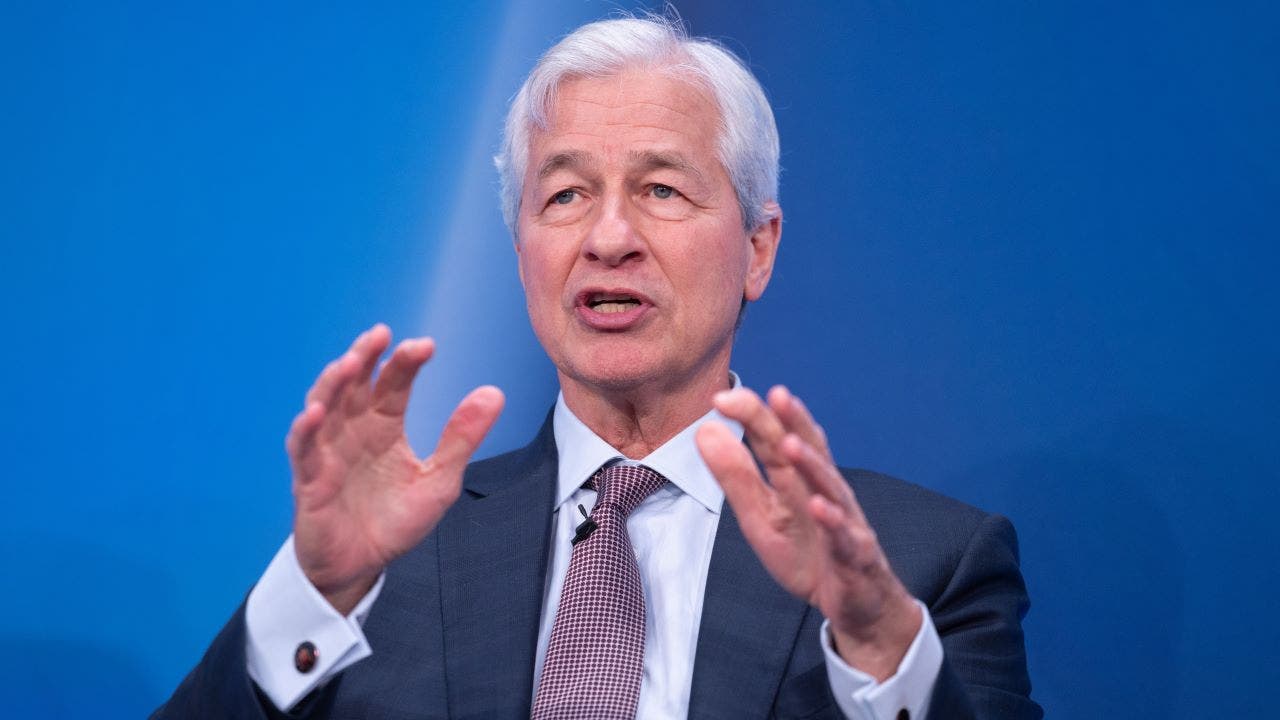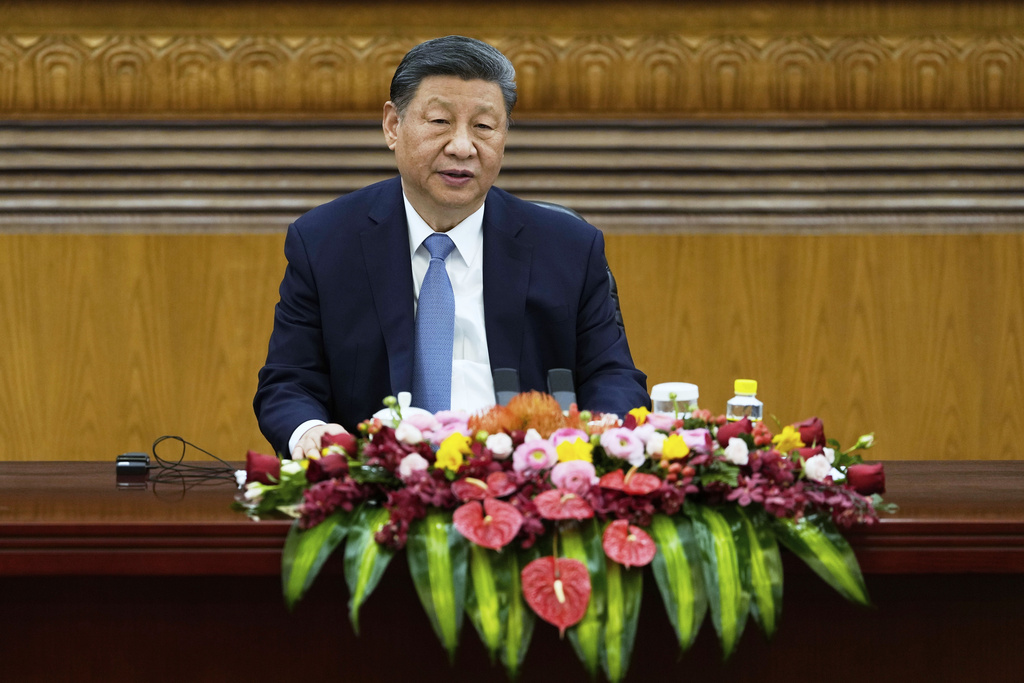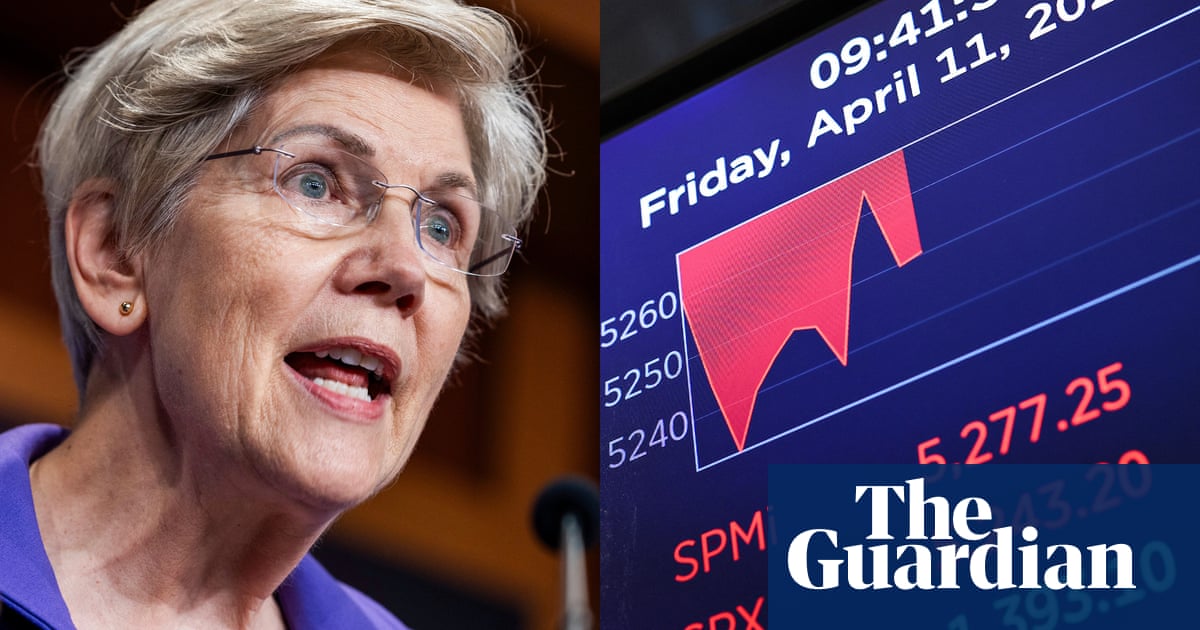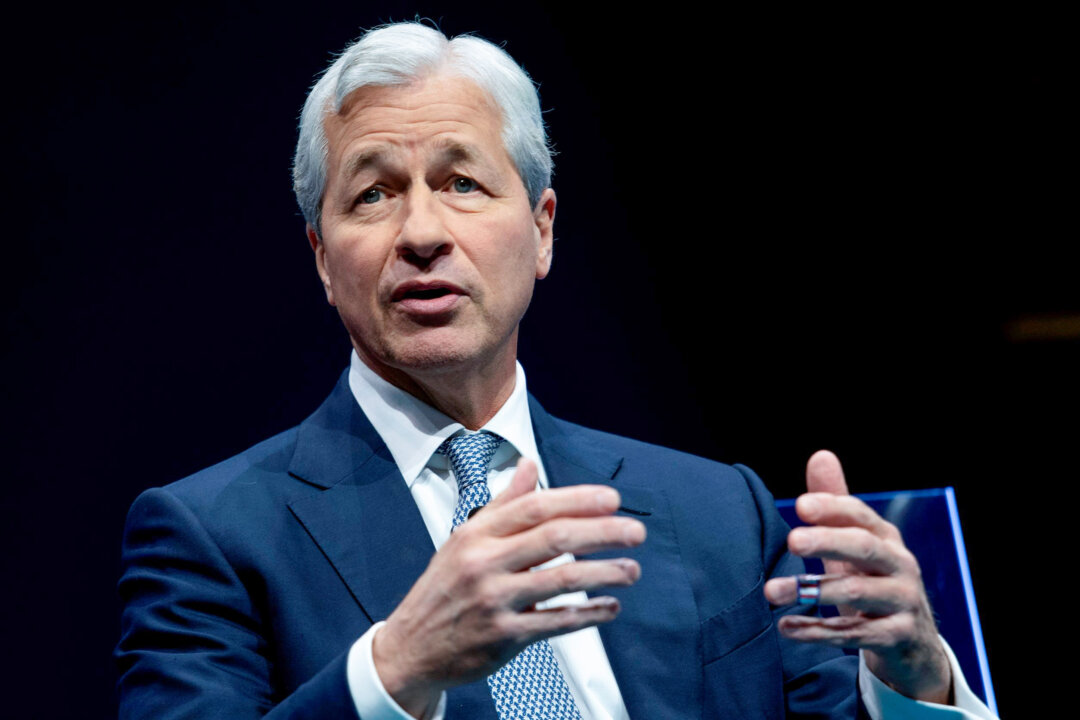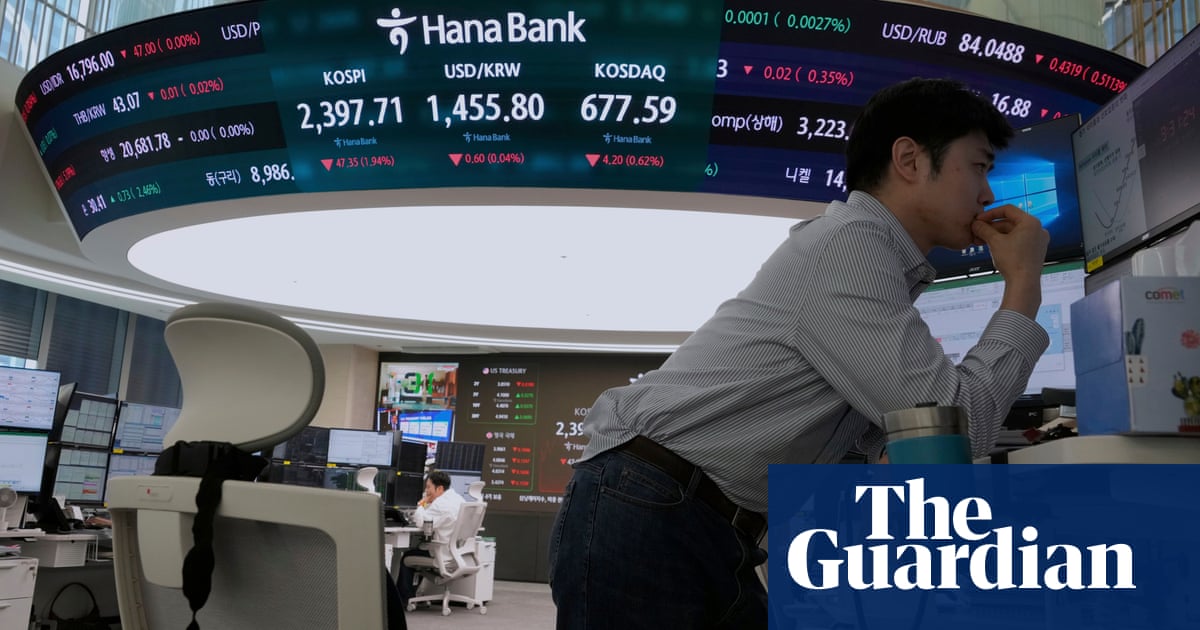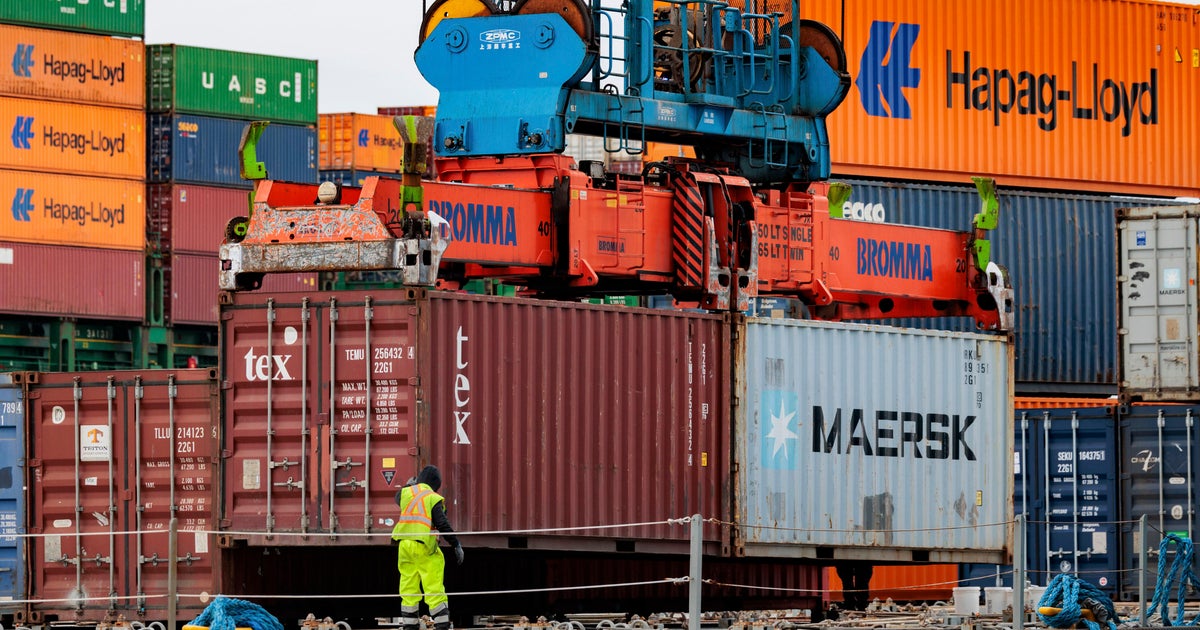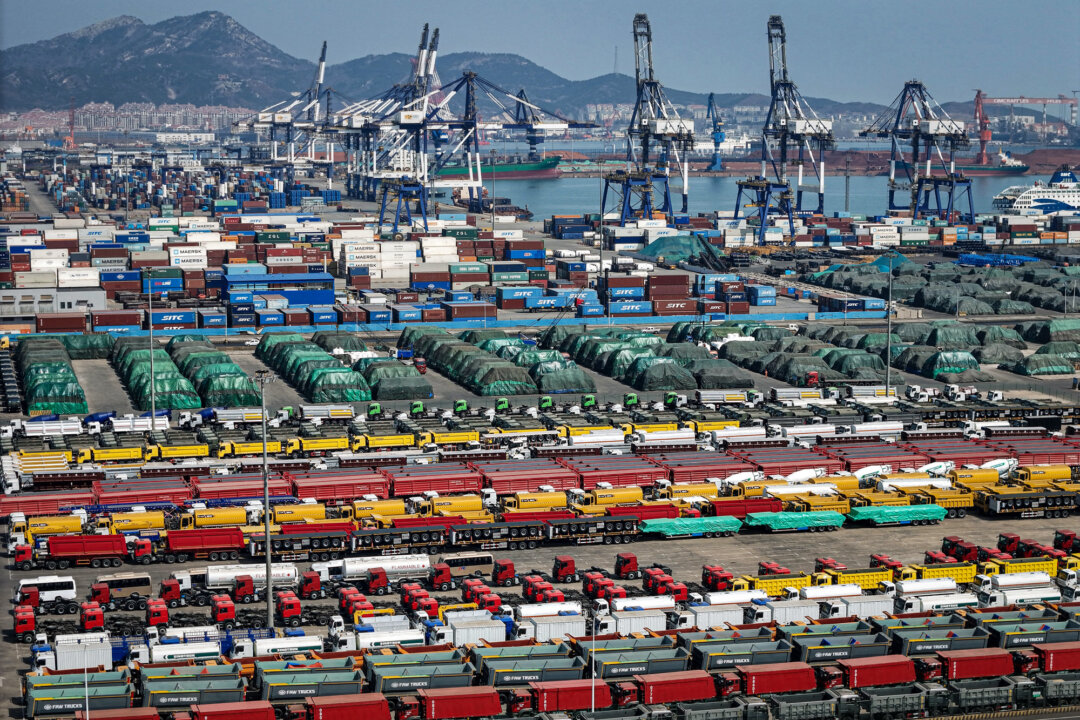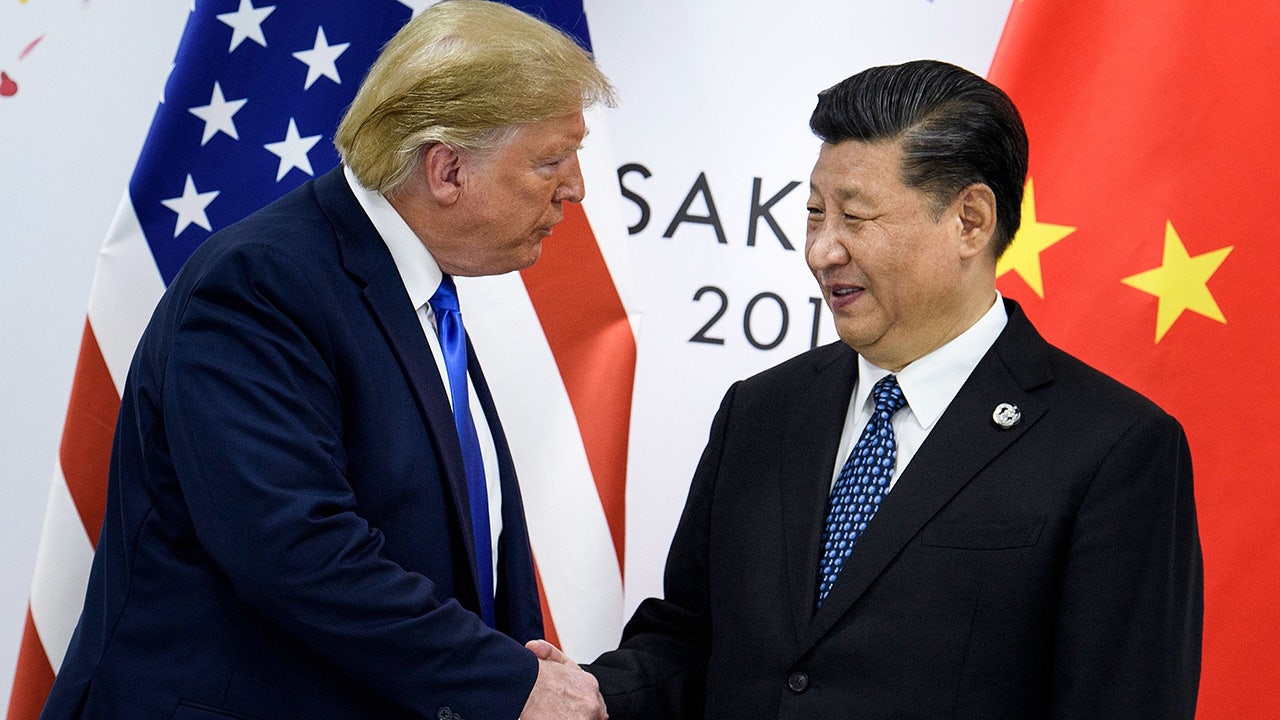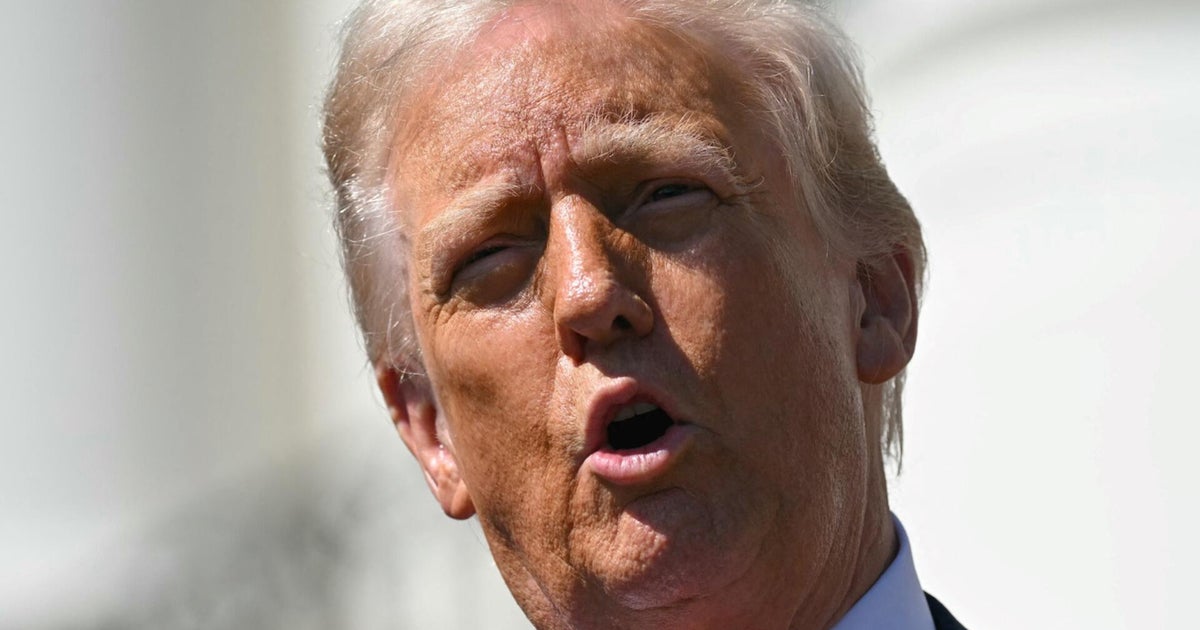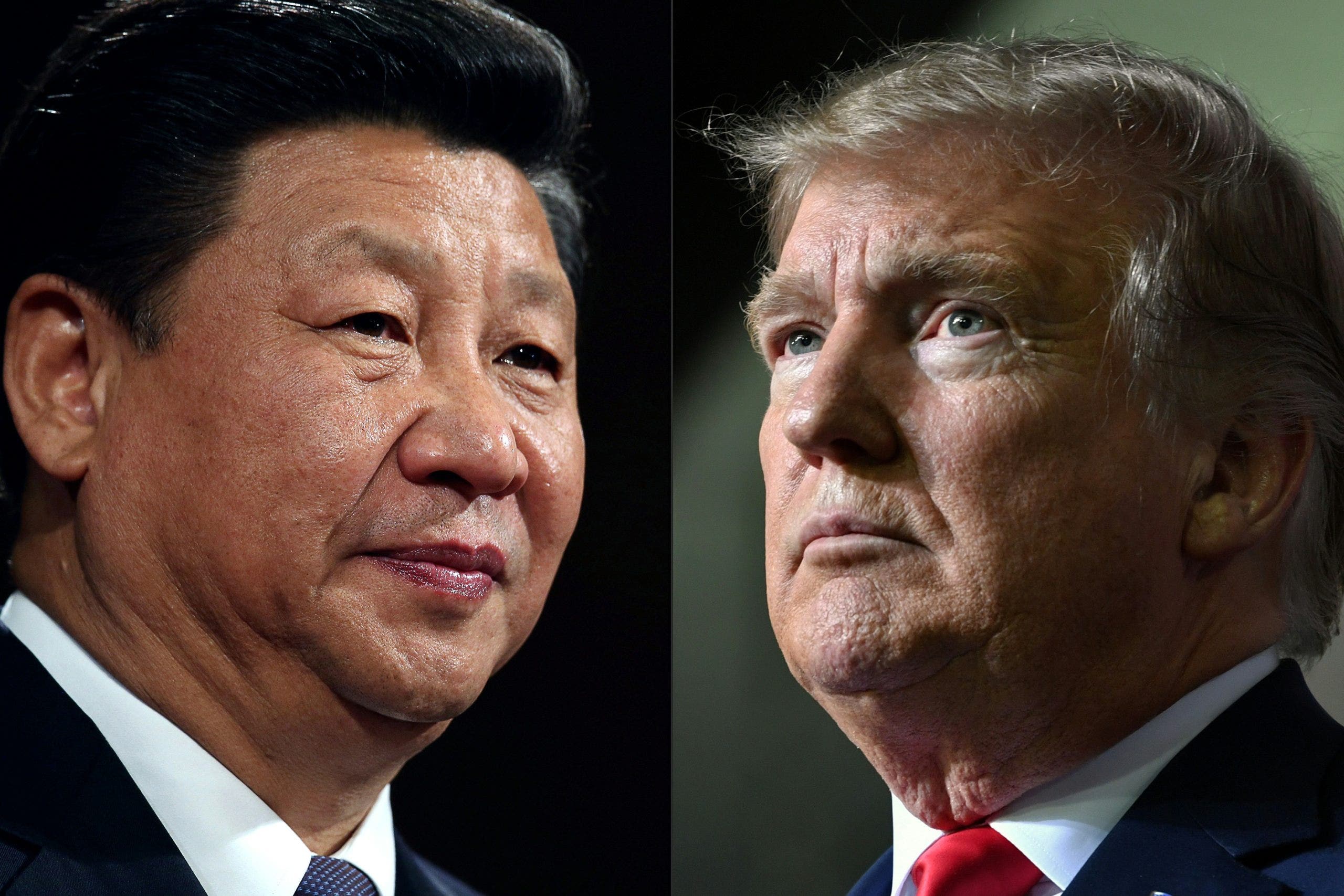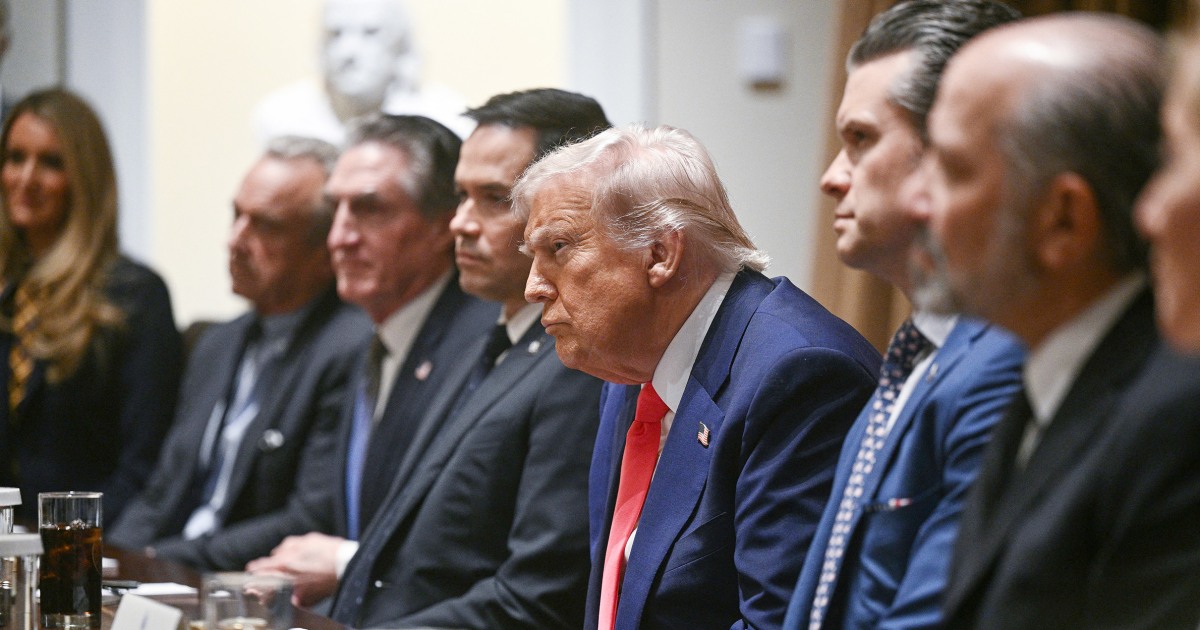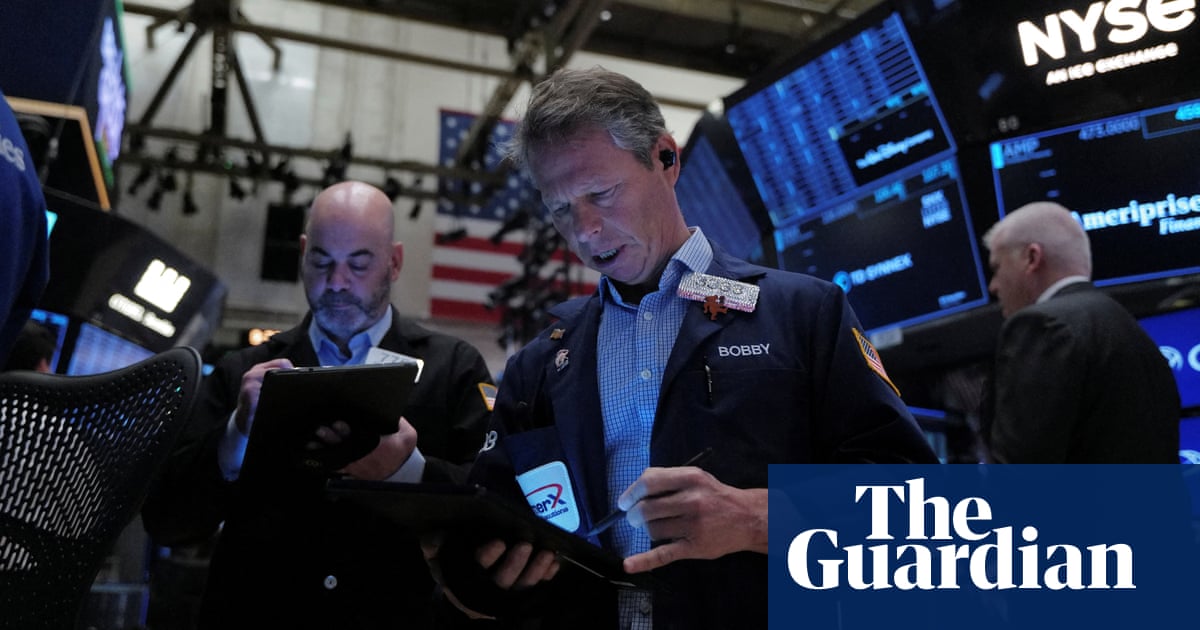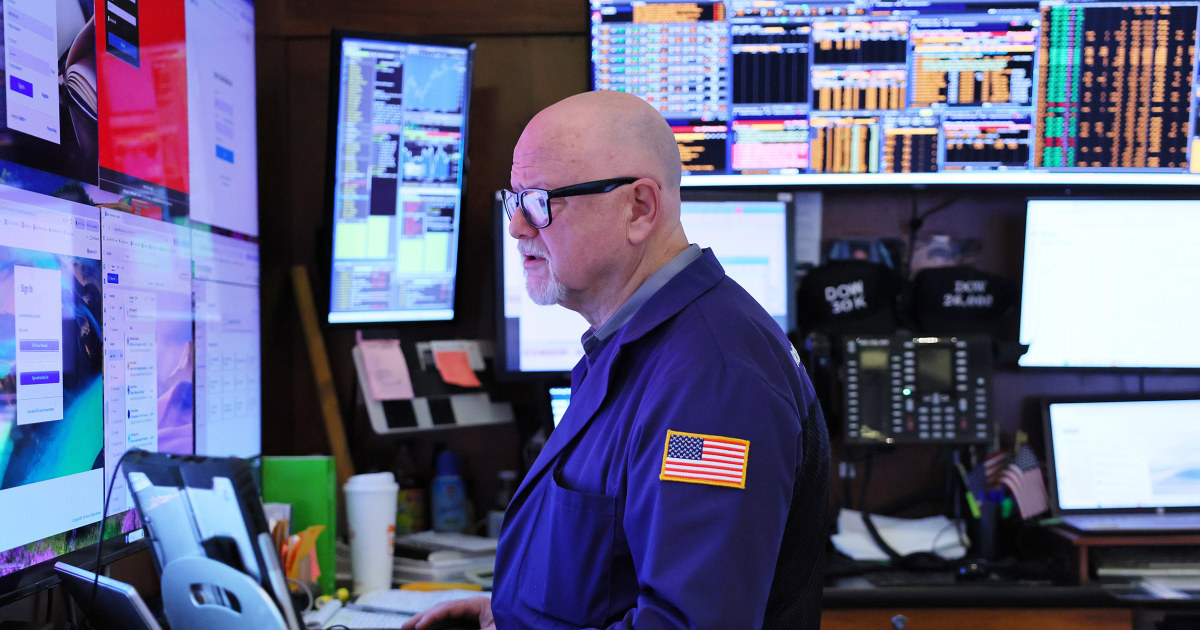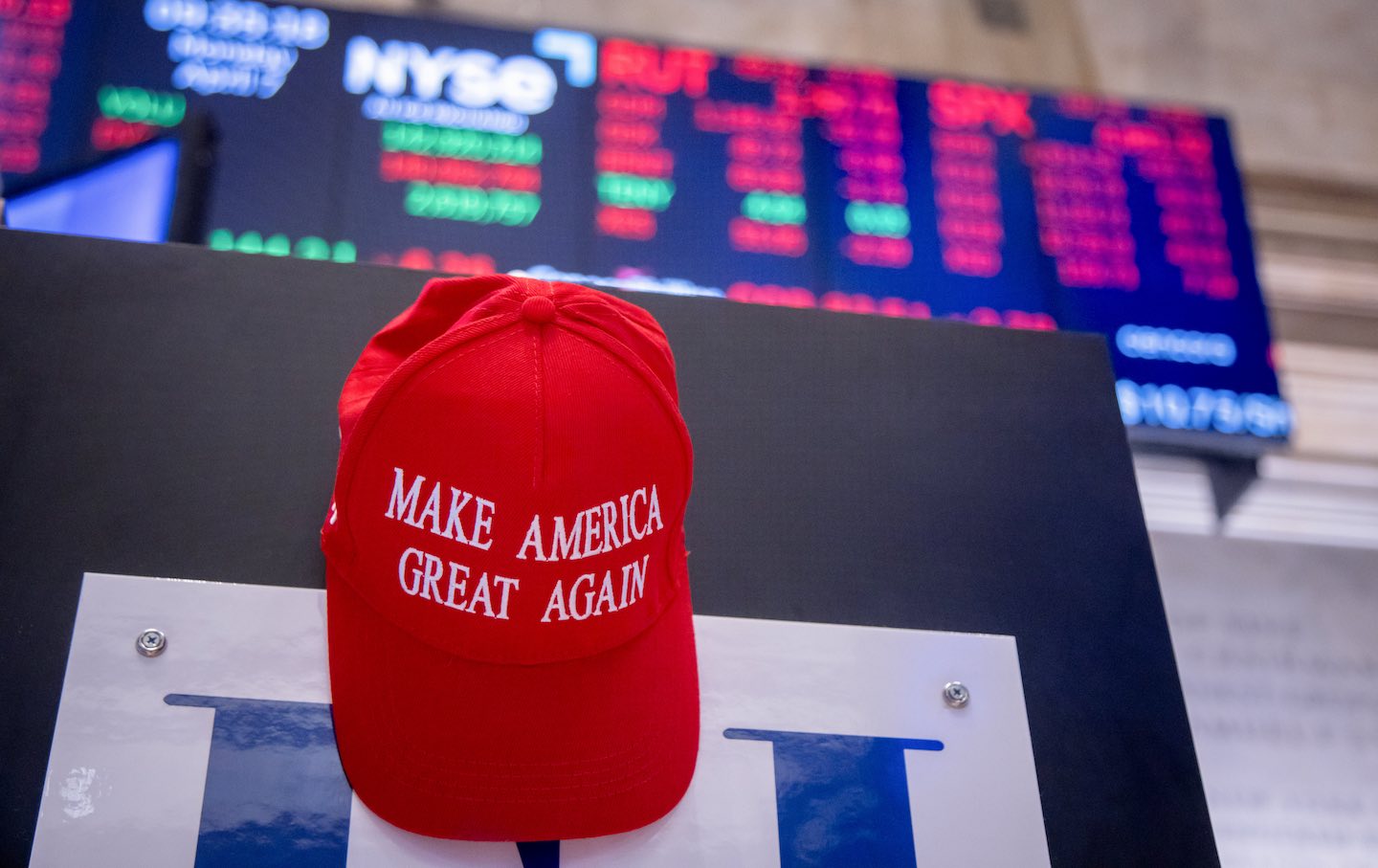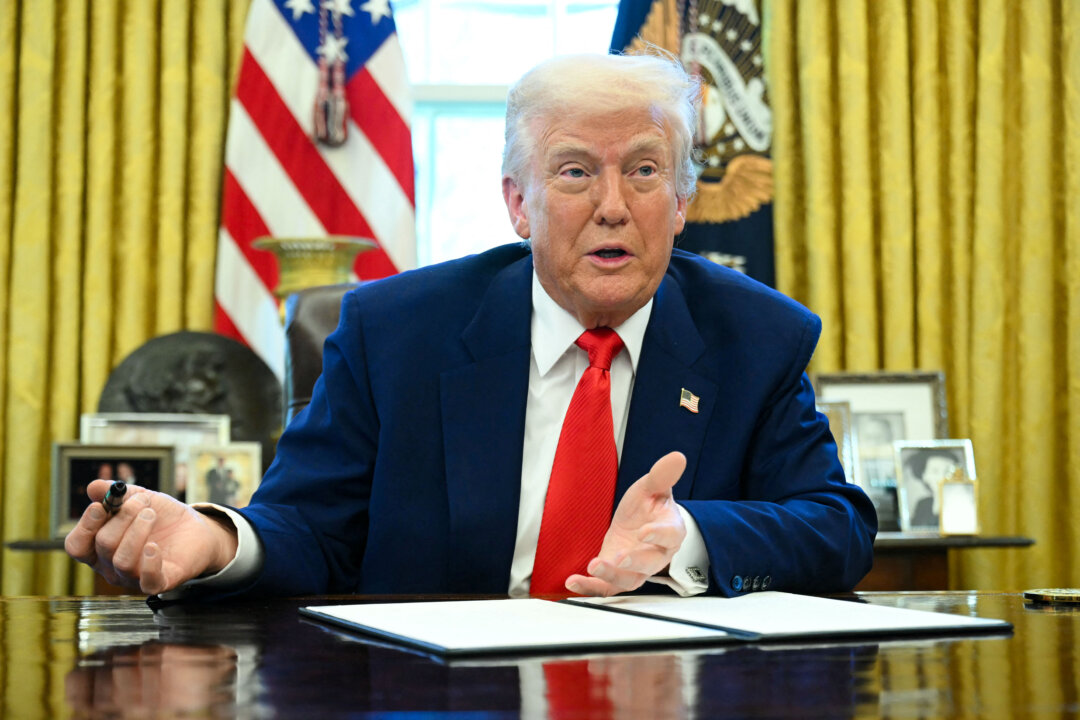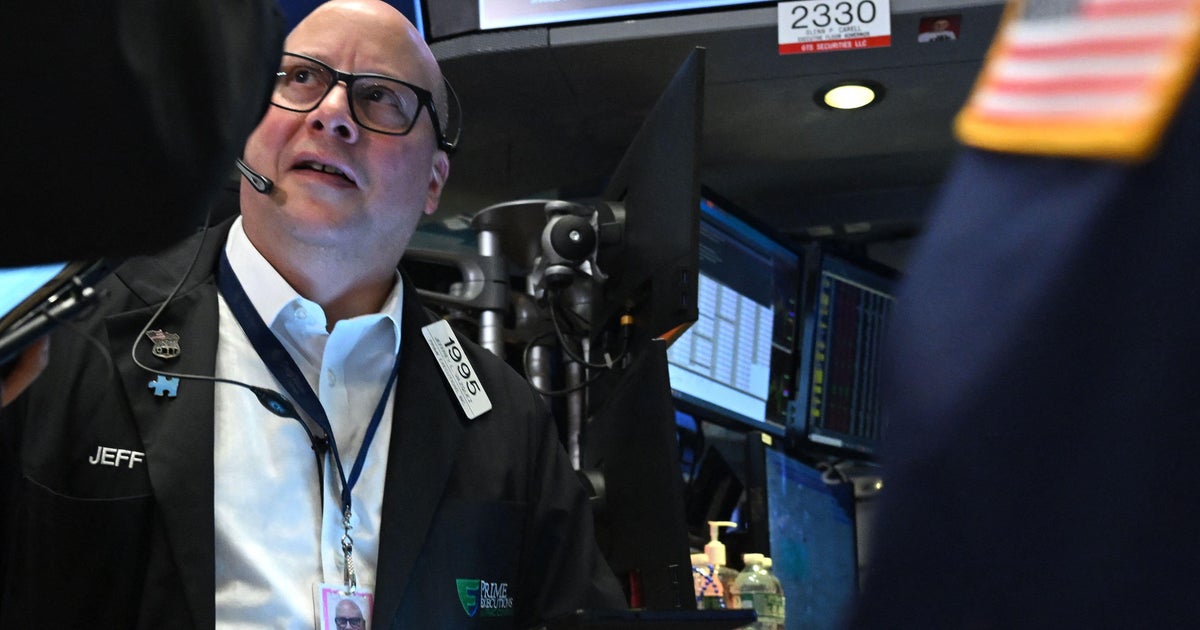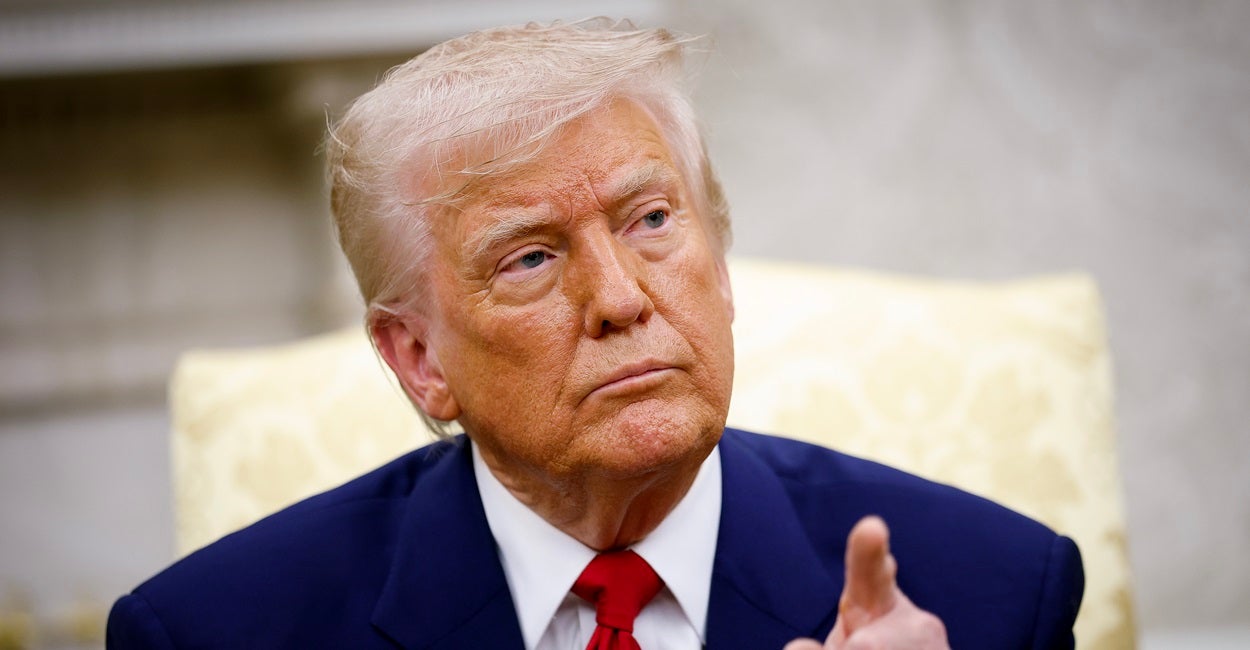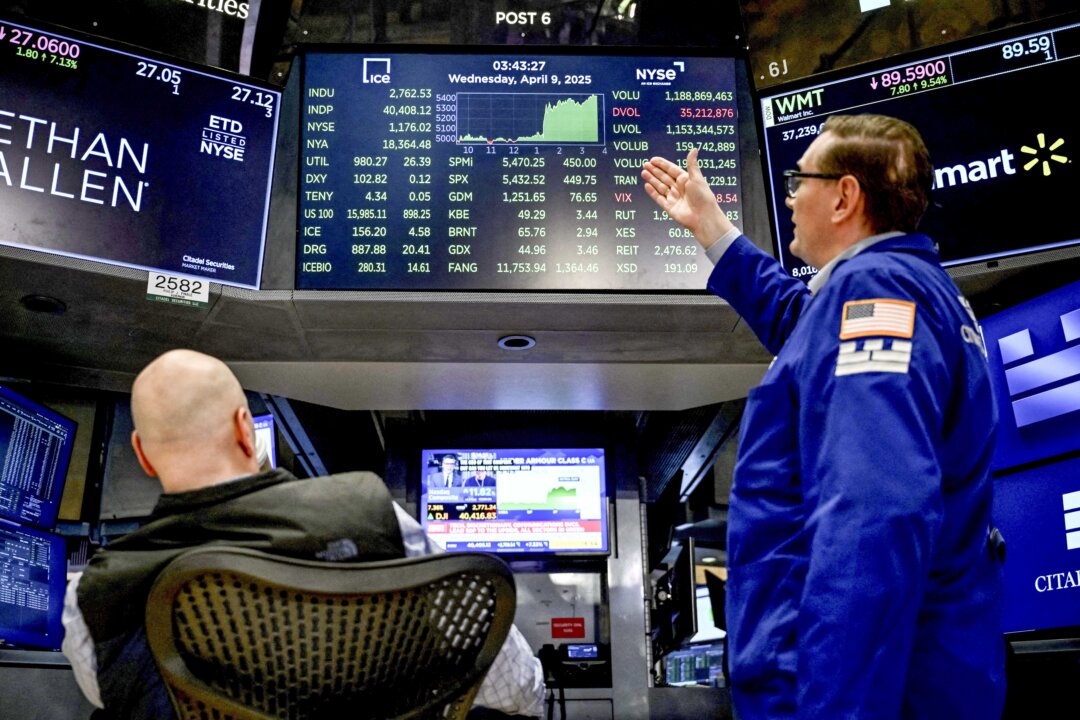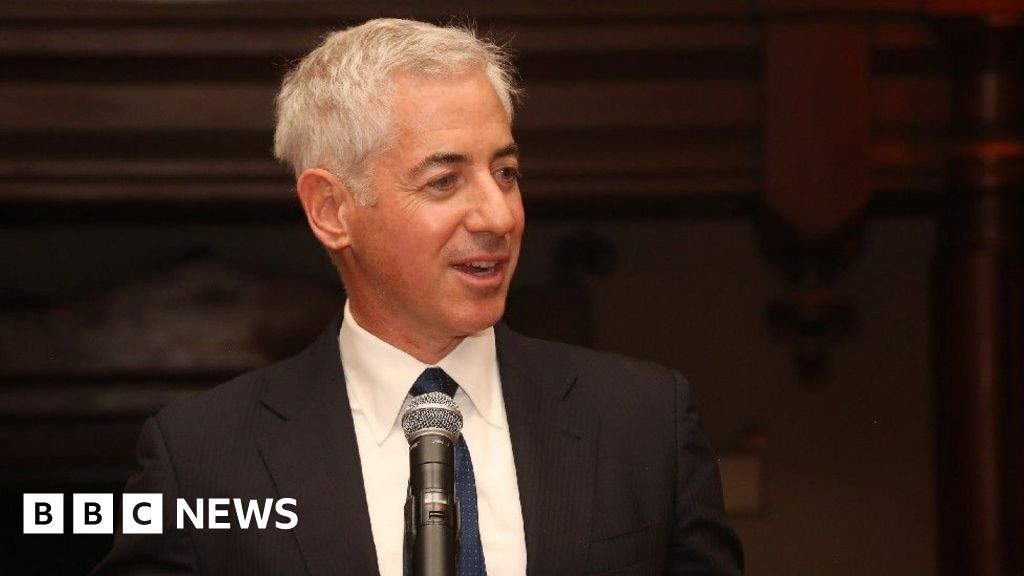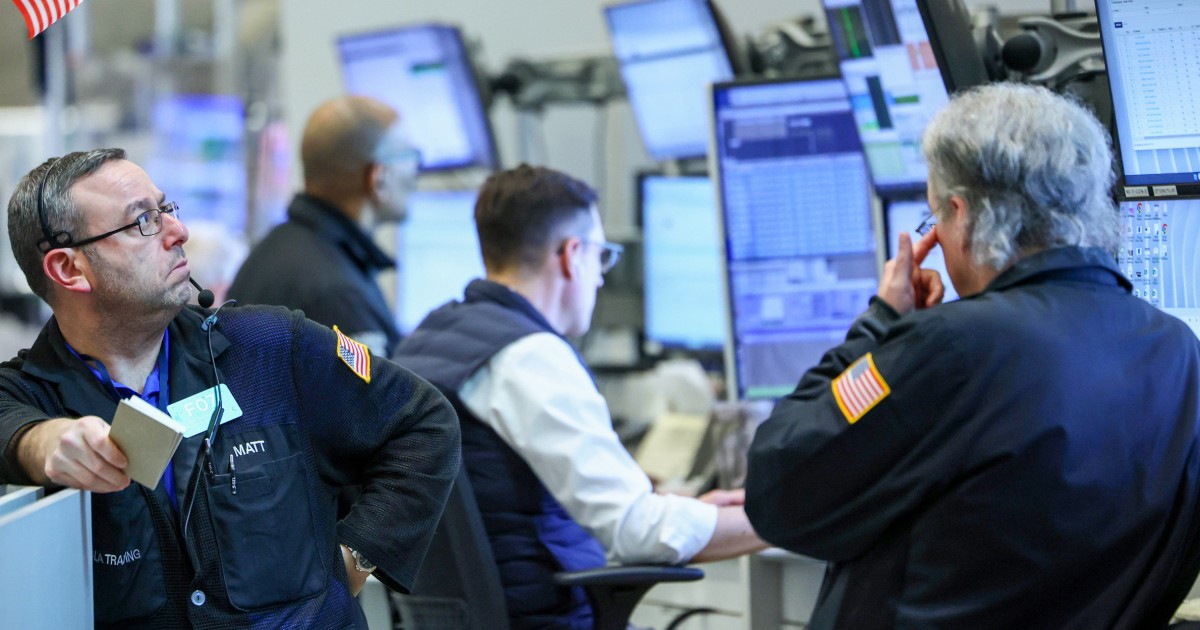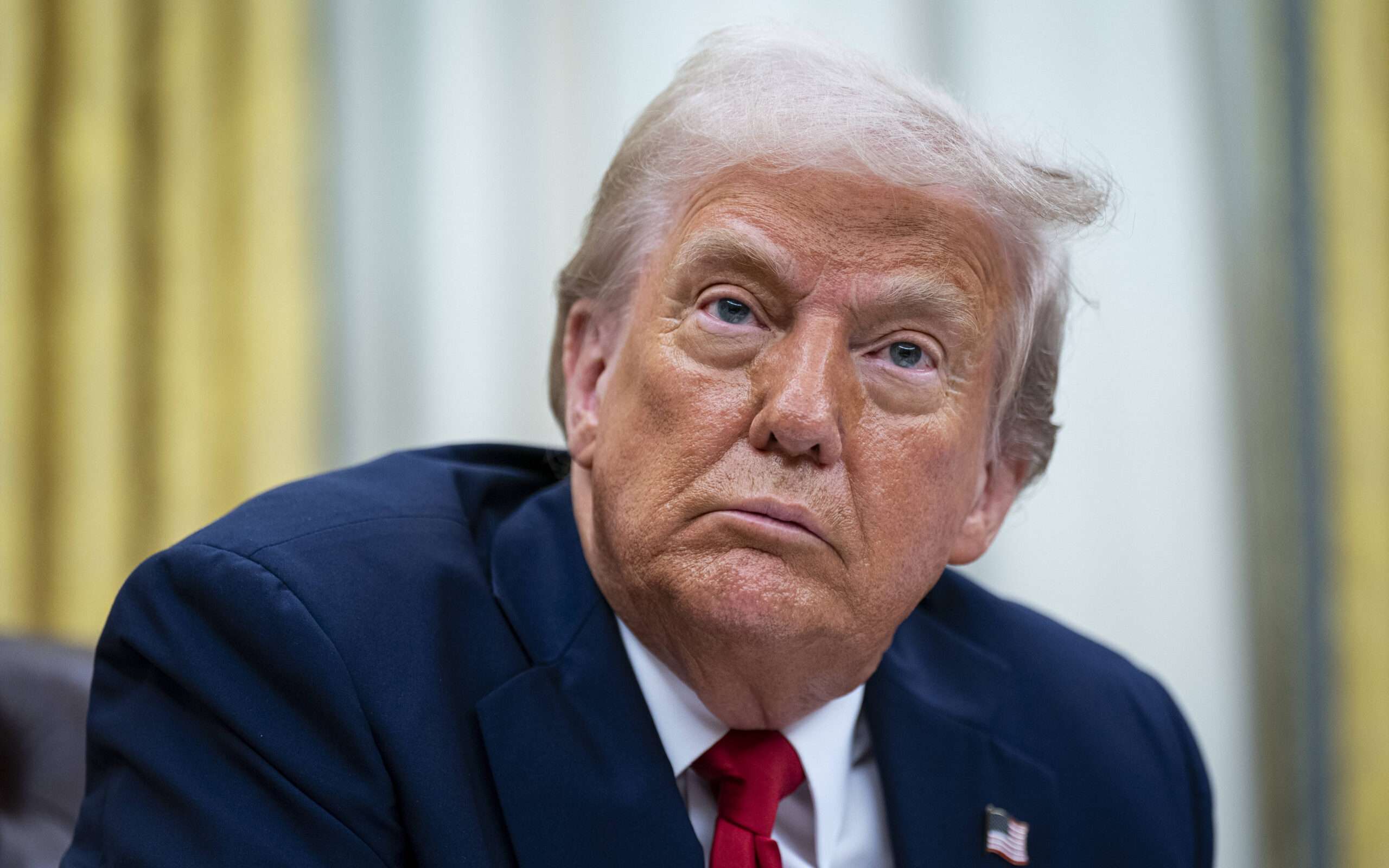Escalating U.S.-China Trade War Forces Apple to Navigate Tough Terrain Amid Rising Tariffs
Apple faces global price increases due to U.S.-China trade tensions, as tariffs impact supply chains and consumer sentiment declines sharply.
Overview
In a significant escalation of trade tensions, China has increased tariffs on U.S. imports from 84% to 125%, amid President Trump's 145% tariffs on Chinese goods. Markets are experiencing volatility, with experts warning of a looming recession. Apple's iPhone production faces pressure as tariffs affect costs, with further predictions of global price hikes. This situation is compounded by Trump's criticisms over the delay of his TikTok deal and rising U.S. consumer sentiment anxiety— the latest index dropped to a low since the pandemic. Despite leveraging its $500 billion U.S. investment plan, analysts question Apple's ability to fully mitigate tariff impacts.
Report issue

Read both sides in 5 minutes each day
Analysis
- Trump defended and acknowledged issues with the tariffs, suggesting they will lead to better trade terms and economic outcomes in the long run, despite current challenges.
- A pause on tariffs for many countries aims to provide room for negotiation, but the tariffs against China have significantly increased, raising concerns about inflation and economic impact.
- Despite Trump's claims of a transitioning economy, consumer sentiment has plunged sharply, with many Americans expressing anxiety about rising unemployment and inflation linked to the tariff policies.
Articles (89)
Center (36)
FAQ
The tariffs are putting significant pressure on Apple's supply chain, primarily due to its reliance on Chinese manufacturing. Although Apple can temporarily absorb some costs, a sustained tariff war could lead to higher consumer prices. Apple is exploring options like airlifting iPhones from India to mitigate these effects.
Shifting iPhone production to the U.S. is considered unlikely in the near future due to the complexity of Apple's supply chain, labor costs, and the potential for significantly higher prices. Analysts estimate that a U.S.-made iPhone could cost over $3,000.
Apple's stock has experienced a significant decline, dropping by 15% since the tariffs were increased, resulting in a $500 billion loss in market capitalization.
Apple is airlifting iPhones from India and building up inventory in the U.S. to reduce the impact of tariffs. They have also negotiated expedited customs clearance to streamline this process.
History
- 8M

 4 articles
4 articles
- 8M

 4 articles
4 articles
- 8M

 4 articles
4 articles
- 8M

 4 articles
4 articles
- 8M

 4 articles
4 articles
- 8M

 5 articles
5 articles


